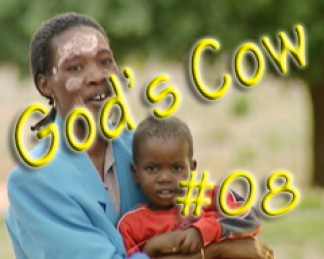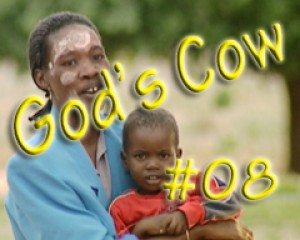#08 Ovahimba, Ovahimbe, Chimba, Himba or Herero?
Ovahimba, Ovahimbe, Chimba, Himba or Herero?

For some people it was a genocide – for others a colonial war and some estimates claim that at least 60.000 Herero were killed by the Germans in 1904/1905. This war also separated the Herero into different groups, which are today called Himba and Chimba. Herero, Himba and Chimba speak nearly the same language and share similar traditions and customs.
Himba are often mention that they decided not to fight against the Germans where as the today called Herero initially did. The fact is that the Herero split up into these groups, from which some transformed into today’s Himba and Chimba.
Please note that Himba and Herero history is delivered by oral tradition. So the grandparents and parents tell the kids what happened in the past. Due to this custom Himba and Herero history is often explained in slightly different ways. And if you ask about Himba/Herero history in the presence of two families I promise you are going to have an emotional conversation going.
Agriculture and stock breeding, which the Herero in Oruwandjei conduct, are important prerequisites to develop economical growth and wealth. However, Oruwandjei is green and the living conditions are here more welcoming than the tough arid conditions in Kunenes stony desert, where the Himba and Chimba live. We are going to visit them a bit later. Many people, which call themselves Himba, have developed different levels of sedentariness. Some prefer a nomadic – others a seminomadic lifestyle. And tourism provides for some Himba a significant income as well. Independent from today’s different living conditions, Himba, Chimba and Herero share the same culture, which also includes religious believes.

